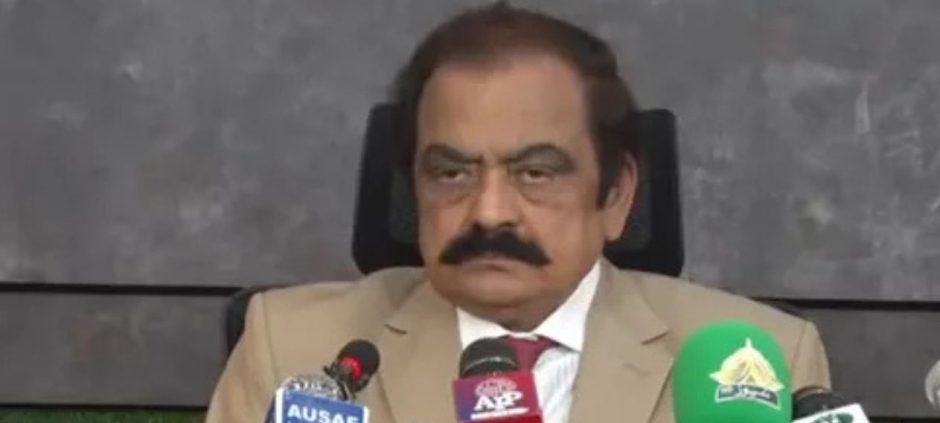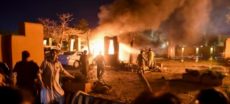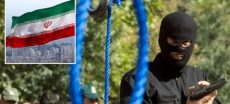Rana Sanaullah has once again stirred political discussions by reigniting the 2018 election rigging debate, calling it a “project against Pakistan.” The senior politician’s comments have captured nationwide attention as parties gear up for upcoming elections and debates about electoral integrity intensify. Sanaullah argued that the 2018 general elections were heavily manipulated, designed to destabilize Pakistan’s democratic process and favor certain political agendas. He urged both political leaders and citizens to remain vigilant and ensure transparency in all future elections.
While speaking to supporters, Sanaullah emphasized that the consequences of 2018 are still being felt today. He highlighted how irregularities in that election shaped political narratives and contributed to ongoing tensions among parties. According to him, understanding these past events is crucial for safeguarding Pakistan’s democratic institutions and preventing manipulation in the future. Analysts note that Sanaullah’s statements have reignited debates about the role of external influences on domestic politics and the responsibility of parties to maintain electoral fairness.
Critics, however, argue that revisiting 2018 controversies may serve political motives, while supporters claim it is necessary to expose past missteps and strengthen accountability. Sanaullah stressed that citizens’ awareness is essential to protect democracy, and political parties must learn from previous errors to prevent similar projects from influencing upcoming elections. His remarks have sparked heated discussions on social media, with political analysts, party leaders, and the public weighing in on the significance of electoral integrity.
As Pakistan continues to navigate its political landscape, the debate over the 2018 rigging remains a hot topic. Sanaullah’s insistence on labeling it a “project against Pakistan” underscores the need for transparency, vigilance, and public engagement in the electoral process. With elections on the horizon, his statements serve as both a warning and a call for reflection on the lessons of the past, reminding citizens and politicians alike of the importance of maintaining a fair and accountable democratic system.











